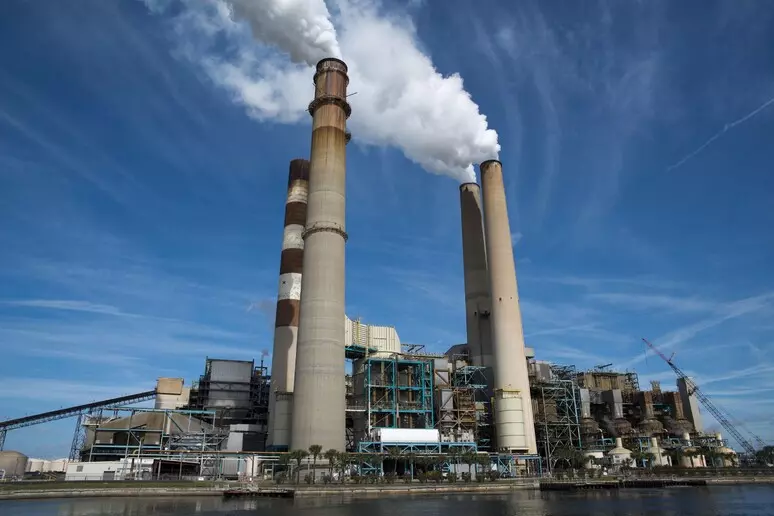The Trump administration has launched an aggressive effort to roll back environmental regulations overseen by the Environmental Protection Agency. EPA Administrator Lee Zeldin announced a sweeping review of rules governing industrial emissions, air quality, and pollution of rivers, lakes, oceans, and groundwater. Zeldin vowed to “plunge a dagger into the heart of the religion of climate change.”
One of the most controversial proposals involves revoking the legal foundation that classifies greenhouse gases as a public health threat — a move scientists and environmentalists warn would have catastrophic consequences.
In a statement reported by The Wall Street Journal, Zeldin declared, “Today marks the death of the new green scam,” arguing that his deregulatory plan would foster economic growth by clearing the way for businesses to thrive and infrastructure projects to move forward. He added that he intends to target rules he says have “interfered with oil and gas production and led to fossil fuel and coal-fired plants being unfairly punished.” Zeldin claimed the changes could roll back “trillions of dollars in regulatory costs.”
The announcement drew swift condemnation from environmental advocates. Jason Rylander, legal director of the Climate Law Institute at the Center for Biological Diversity, called the move unprecedented.
“This is crazy. This is crazy,” Rylander said. “There have been attempts to limit the EPA’s authority before, but the scope and speed of this assault on environmental protections is unlike anything we’ve seen.”
Environmental groups are already gearing up for legal battles, pledging to challenge the administration’s efforts. David Doniger, senior climate and energy strategist at the Natural Resources Defense Council, emphasized that the EPA must still go through a formal rulemaking process — a lengthy, complex procedure that could stretch for months or longer.
“It’ll be an impossible task for them,” Doniger said, pointing to extensive scientific documentation that links greenhouse gas pollution to climate change and escalating extreme weather events like wildfires, floods, and severe heat waves.
“This isn’t just about regulations,” he added. “It’s about protecting lives and the planet from irreversible damage.”












